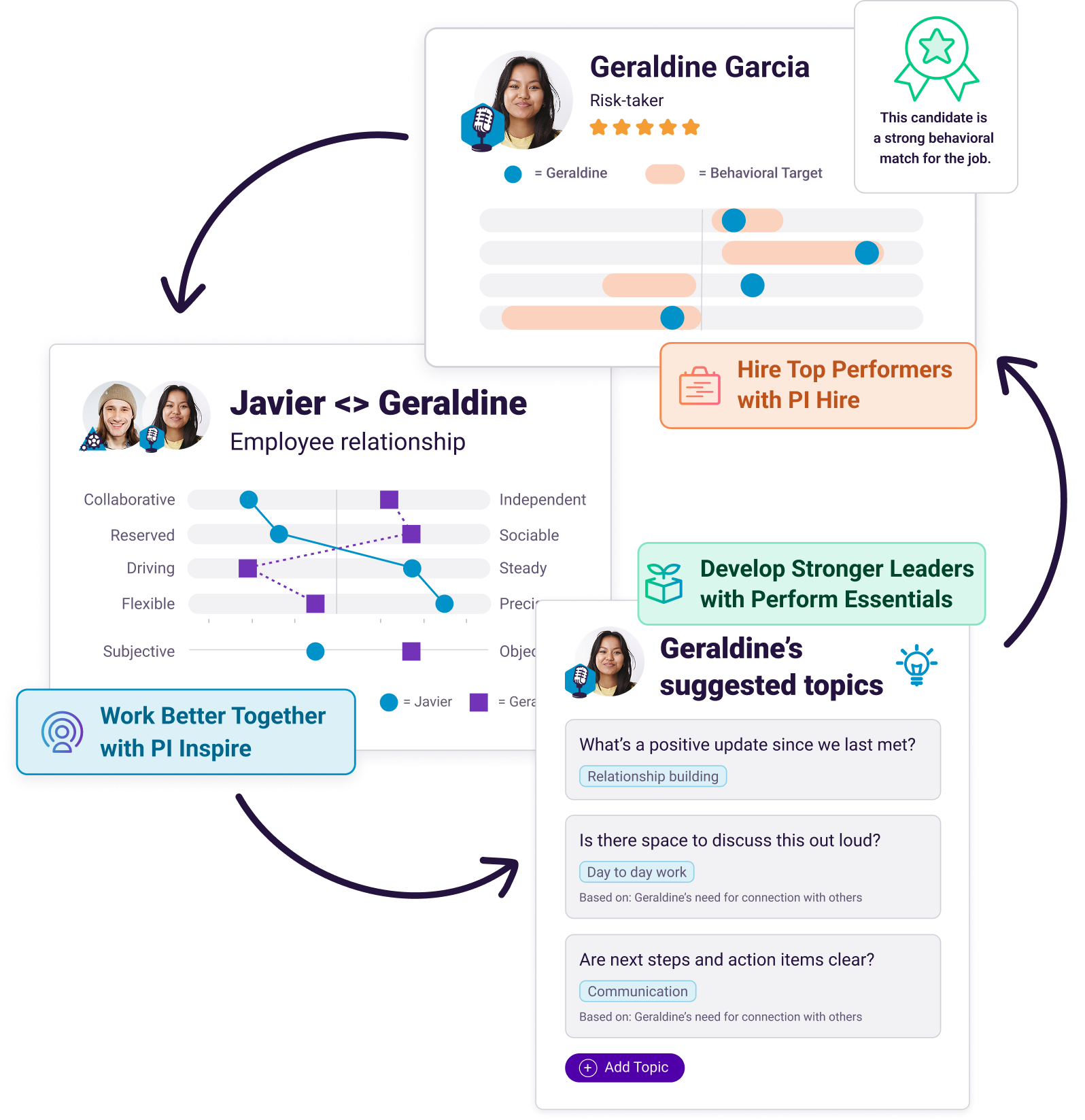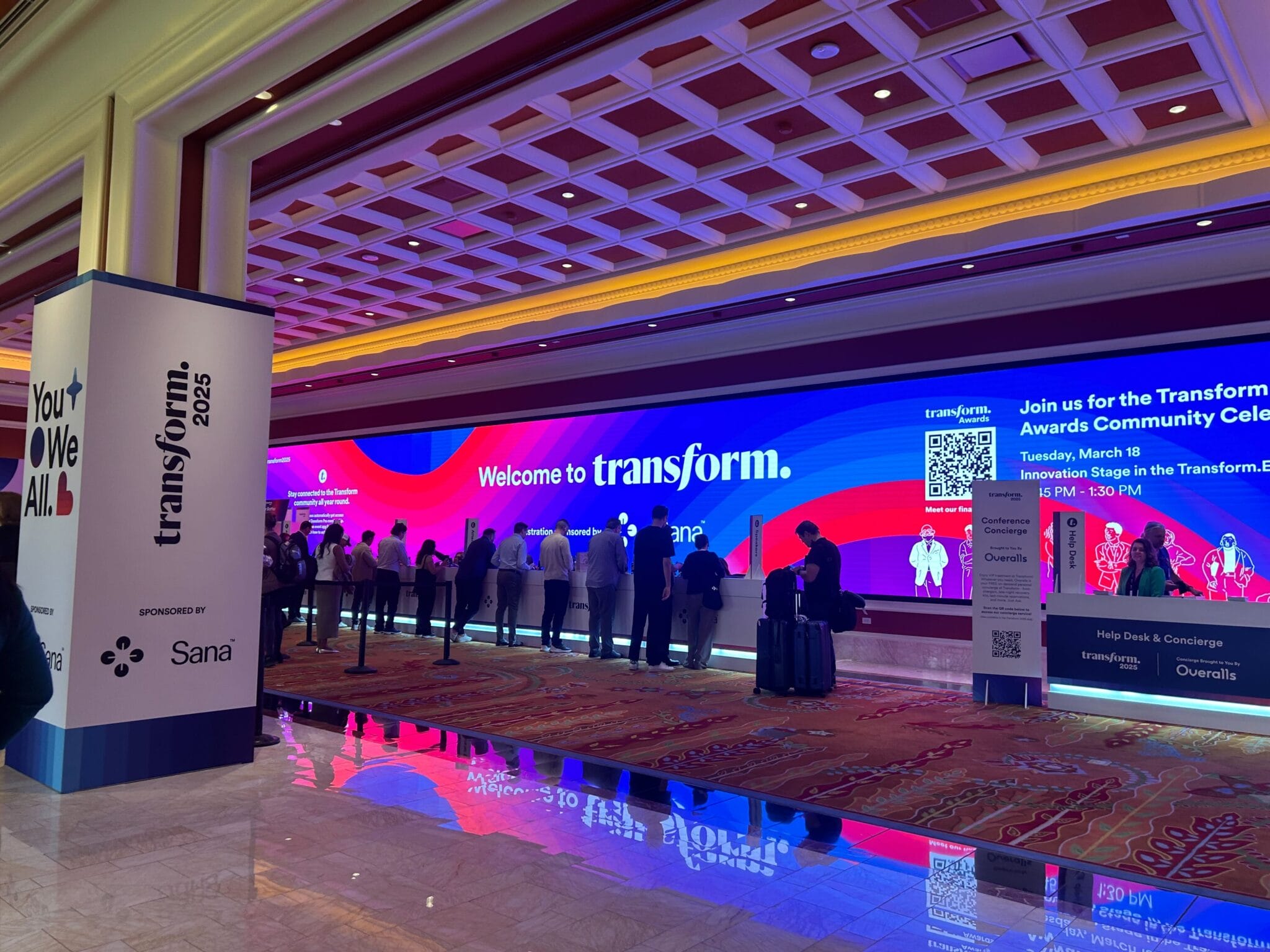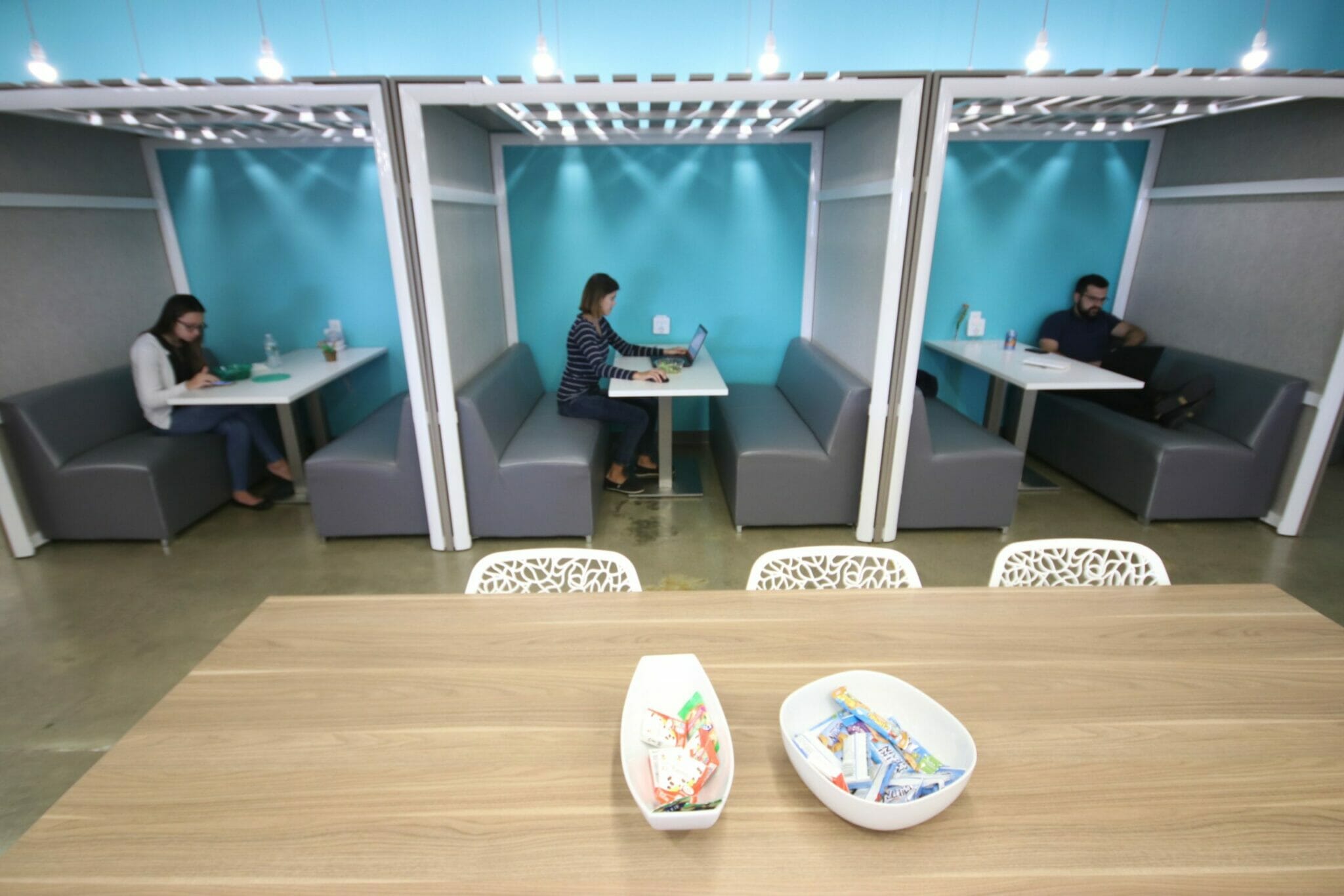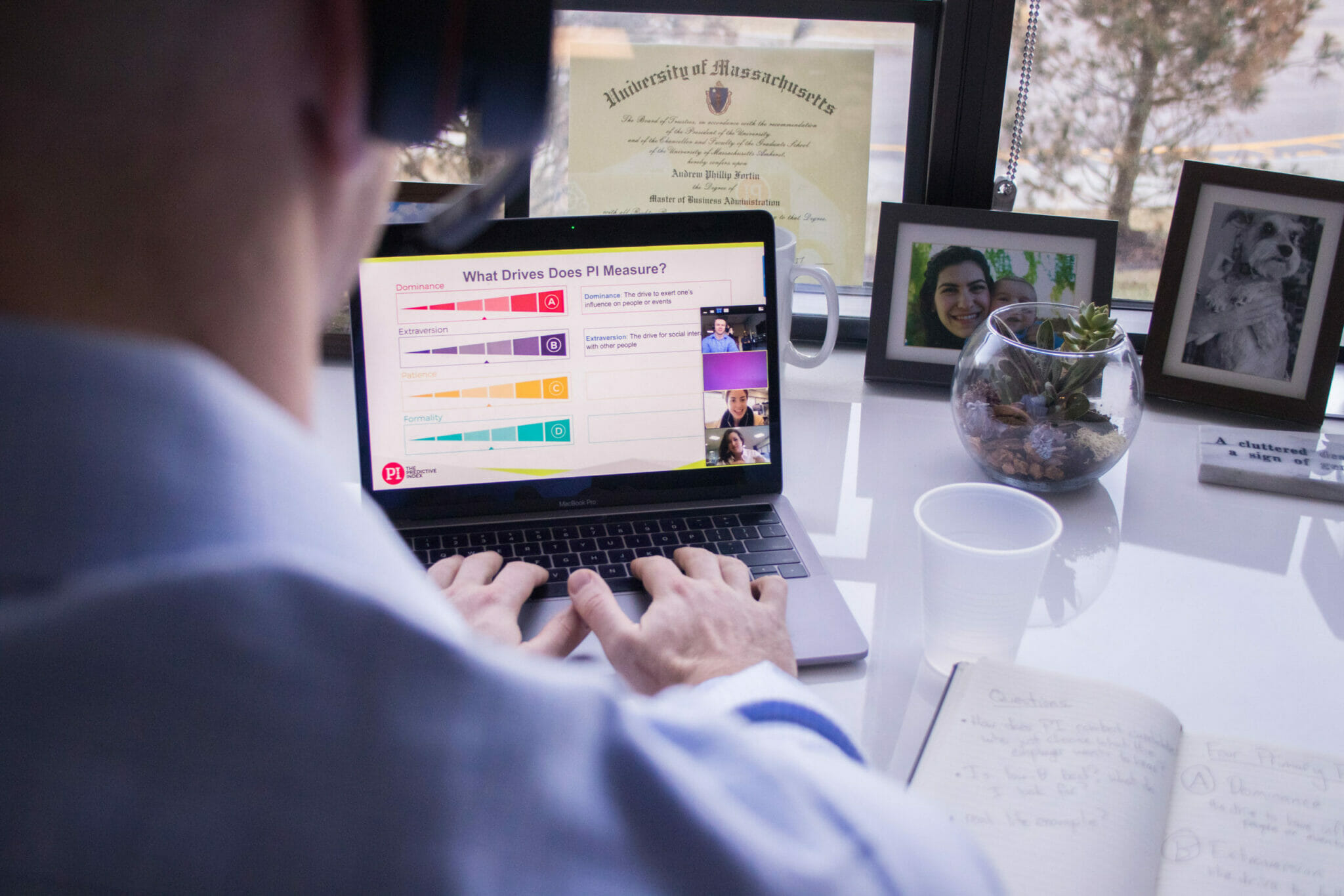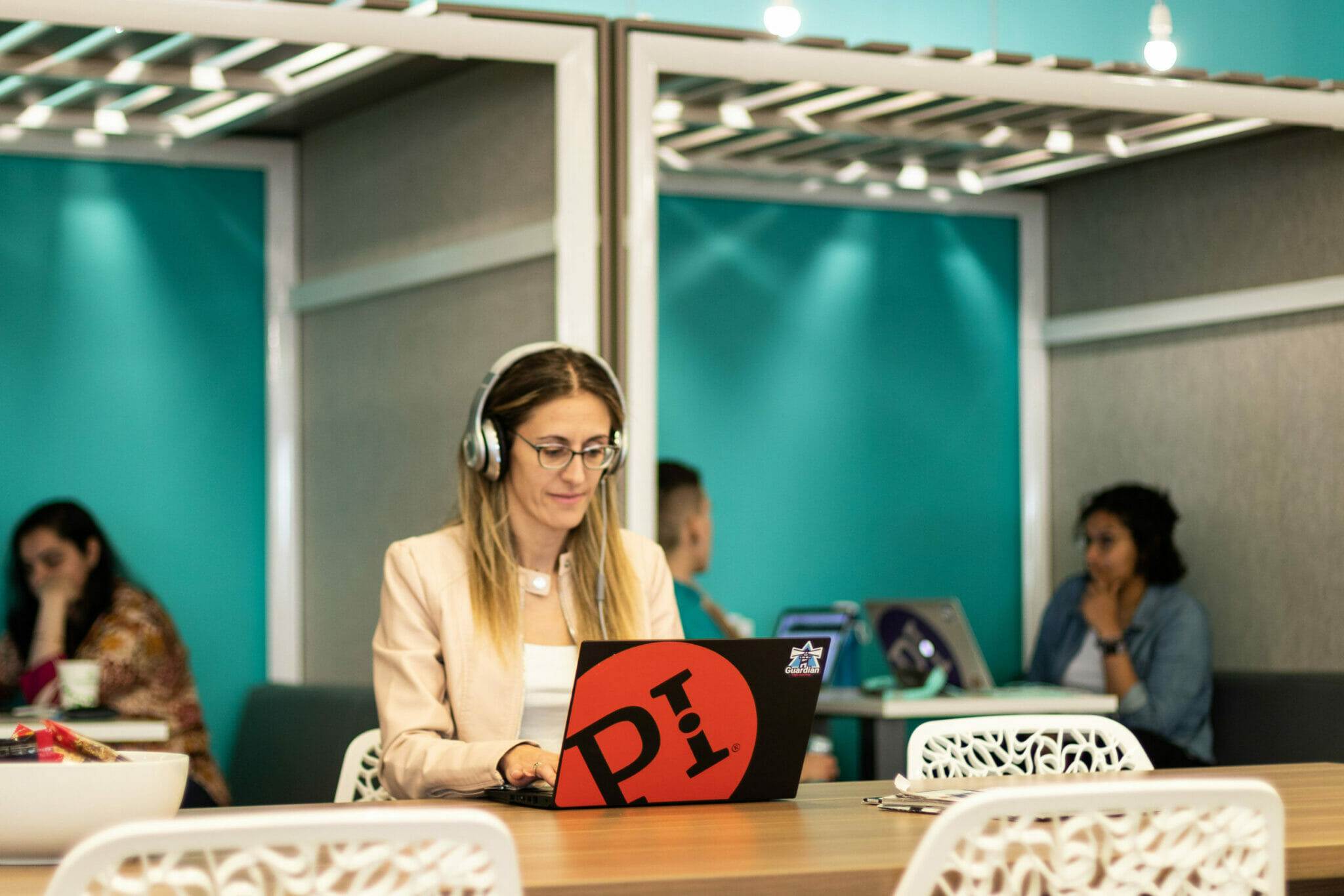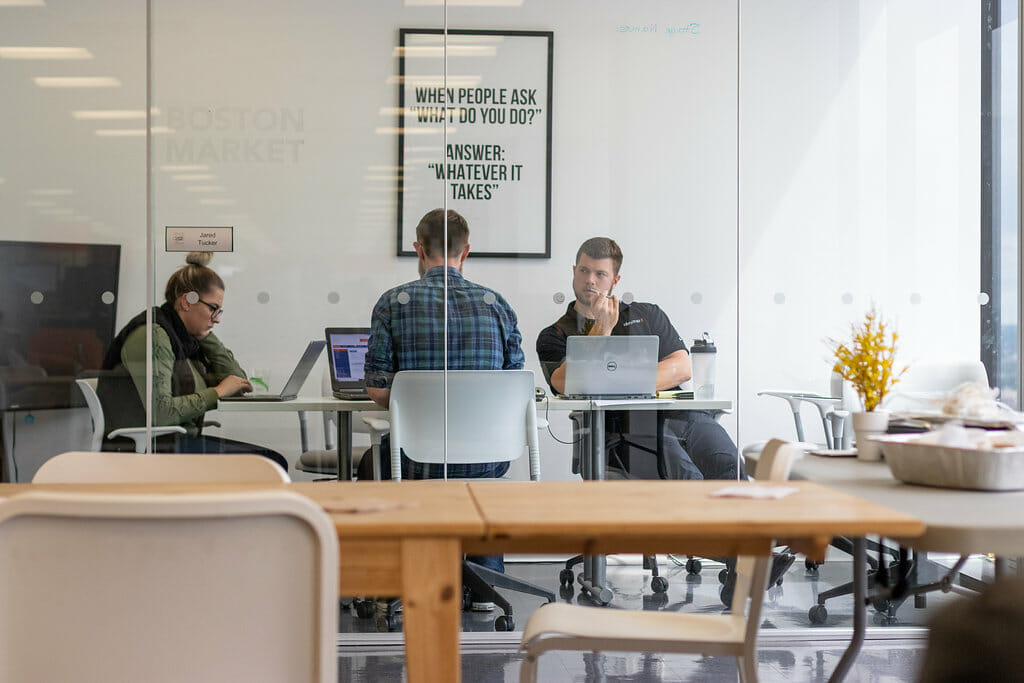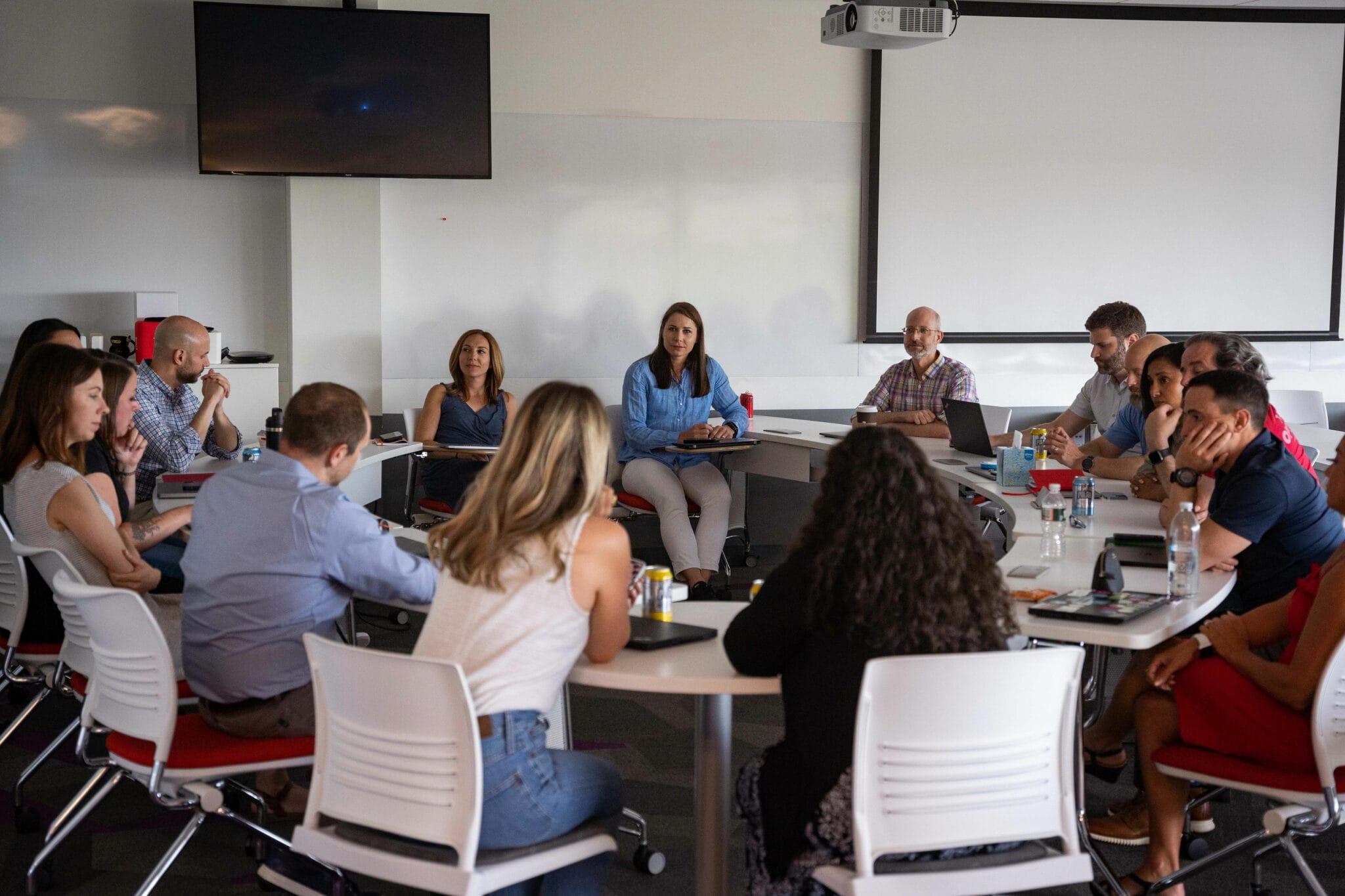When I began contemplating workplace confidence, I started to think about the confident people I work with and how they deal with both mundane and tough decisions. What was the fundamental trait they all exhibited on a daily basis, especially in times of stress and pressure?
Ownership.
Confident leaders and employees habitually own everything they do, regardless of the outcome. They take responsibility for their actions and never pass blame onto others. These individuals have broken free from the shackles of self-doubt and have removed fear from their decision-making process. Confident people own every action and willingly accept the consequences, no matter how negative they may be.
In the book “Extreme Ownership” by Jocko Willink and Leif Babin, the former Navy SEALs turned business consultants describe how to approach work and life with an extreme ownership mindset. I highly recommend Jacko’s TEDx Talk, which will make you think twice about complaining the next time you have a work-related problem.
A more data-driven approach to thinking about confidence is to view it as a level of certainty when making decisions. Alyssa Dver, Author of “Kickass Confidence“, defines confidence as having certainty in the decision you’ve made, which is based on your personal values. The Predictive Index CEO Mike Zani conducted a fantastic interview with Alyssa on this very concept:
How to be confident in the workplace
Contrary to popular belief, confidence isn’t something you’re born with, it’s a trait that one can build over time. The first step in building confidence is understanding why you have low confidence in the first place.
To start, the next time you start feeling that fight or flight response kick in, ask yourself, “Why do I feel this way? What is fundamentally going on in my head to make me react the way I am?”
After several Q&A sessions with yourself, you might start to uncover some deep-seated issues you’ve never actually acknowledged. Fear and self-doubt will plague your decision-making abilities, especially in high-stress situations. You need to take time for yourself and start breaking down your thought process to find the root causes for your actions and behavior.
Once you start to address the reasons why you lack confidence, it’s important to start building positive habits that reinforce your willpower and in turn, confidence.
Join 10,000 companies solving the most complex people problems with PI.
Hire the right people, inspire their best work, design dream teams, and sustain engagement for the long haul.
10 tricks to help you be more confident in the workplace—and in life
Here are 10 simple steps you can take to boost your workplace confidence as well as your confidence in day-to-day life.
1. Set small goals.
- Momentum acts like compounding interest, so start small and gradually build up to larger and larger goals.
- Best selling author Tim Ferriss recommends setting attainable goals, which will help you build confidence incrementally.
2. Understand the way you think by taking a behavioral assessment.
- Behavioral assessments allow you to better understand your thought processes and hone in on why you feel uncomfortable in certain situations.
- They help you communicate more effectively with team members and vice versa.
- Better communication leads to greater trust amongst team members, which then leads to greater productivity.
- I personally found my behavioral readback creepily accurate. When I first read the detailed explanation of my behavioral pattern I finally understood why some people get frustrated with me when I try to convey a plan or idea. My low Formality drive and high Dominance drive make it easy for me to make big decisions quickly, sometimes without considering all of the consequences.
If you take The Predictive Index’s free behavioral assessment, you’ll find our what Reference Pattern you match closest to. It’s useful information. Everyone here at PI has a placard on their desk, which helps co-workers quickly understand how to communicate most effectively with each other. For example, if I’m talking with someone who has a high Formality drive, I know I’ll need to really describe my thought process and lay out all the details.
3. Stand tall after a stressful situation.
- The Journal of Behavior Therapy and Experimental Psychiatry came out with a 2017 study that showed standing upright and proud, like a superhero, can make you feel more alert, feel less fearful, and have higher self-esteem after a stressful task.
4. Help someone else.
- The neurological effect of helping a colleague complete a task is actually quite mind-blowing (pun intended). When you go out of your way to help someone your body releases Oxytocin, which counteracts the effects of Cortisol which is a stress-producing hormone. Higher levels of Oxytocin also lead to higher levels of Serotonin and Dopamine which are mood-boosting hormones.
5. Take care of yourself.
- You decrease your self-worth when you avoid things that make you feel physically and mentally well, so take care of yourself! Do things that make you feel happy. Go to the gym, get out of that toxic relationship, treat yourself to the finer things once and awhile. If your stressed about a project get up and take a walk outside, breath, and clear your head.
6. Shift your mind to an equity mentality.
- Don’t view successful coworkers as more deserving than yourself. See yourself as being equal to everyone.
- Once you make this mental paradigm shift you’ll notice that your overall mood and disposition, especially under conflict, is much more positive.
7. Get off social media.
- Dopamine is released every time you get a like, share, Pin, Retweet, sign from God, etc. Your brain interprets these events as a positive affirmation, which makes your body do a Dopamine dump. You’ve now created a potential false-positive feedback loop where your mind is craving more dopamine and the only way it knows how to attain it is through more likes, followers etc.
8. Take cold showers.
- Yes, it sounds ridiculous but hear me out. Challenge yourself to take a 60-second cold shower, every day. By doing this you’re positively impacting both your physical and mental health. At first, you won’t be able to breathe or focus on anything in a cold shower, your flight response will kick in, making you want out, but all your need to do is breath, remain calm, and count to 60.
- It’s a simple way to push yourself, gain control over your actions, and in turn, build confidence.
- Over time, this knee-jerk reaction will subside and you’ll start to hone a Zen-like focus while in the cold (a stressful situation) and also in normal conditions.
- Cold showers also decrease levels of uric acid and also boost your levels of Glutathione in your blood, which in turn, makes you less stressed. This effect lasts almost the whole day.
- Cold showers build your willpower, the more you accept a challenge and overcome it the better you feel. The hard part about the cold shower is you have to do it every day to start noticing real results.
9. Meditate.
- Meditation is probably the single most important tip here. The more you meditate the more self-aware you’ll become, which is the foundational building block of confidence that I’ll go into more detail below.
- If you’re new to meditation start with a guided one. Tara Brach has some very simple guided meditations that range from just a few minutes to over 20 mins.
10. Eliminate negative language in your vocabulary.
- The old idiom “sticks and stones may break my bones but words will never hurt me” may be a bit incorrect. Negative words have an immediate impact on your psyche.
- The more you use negative words to describe your feelings and situations the harder it will become to see positive opportunities. You’re essentially closing the door to a positive outcome securing your fate before hope had a chance.
The best way to become more confident? Develop self-awareness.
All of these tips lead to one major concept that directly impacts your confidence: self-awareness.
The more self-aware you become the more you can start to recognize negative habits that you’ve self-consciously built over the years to help you cope with your lack of confidence. These negative habits could be as simple as checking your phone when you feel uncomfortable in social situations to biting your nails raw. These automatic reactions are called “habit loops.”
Charles Duhigg, describes this as your physiological quirk in his book “The Power of Habit,” but I’ll try to summarize it as best I can. Habit loops are a psychological pattern that tells your body to react—or not react—when you’re presented with a cue or trigger. These cues could be a harsh email from your boss, seeing your crush, etc. The outcome is an automatic reaction your mind builds over time to cope with the sudden stressful situation. A reward could be a cigarette, checking Facebook, eating candy, etc. Your conscious mind knows its bad but you do it anyway. Why? Because not addressing a difficult situation seems easier than addressing it.
But why do we fall into these patterns? Because of fear. The more self-conscious you are, the easier it is for you to allow fear to creep in and take over your decision-making process. The only way to fight fear is to become self-aware, own your decisions, and own the repercussions good or bad.
Join 10,000 companies solving the most complex people problems with PI.
Hire the right people, inspire their best work, design dream teams, and sustain engagement for the long haul.
Is it confidence or ignorance?
Don’t let ignorance be masked as confidence.
Far too many businesses inadvertently build toxic cultures full of know-it-alls due to lack of trust, poor communication, and a fear of repercussions from leadership.
If you’re a business leader, especially if you’re at an organization with manual laborers, you should understand the Dunning-Kruger effect. It outlines a cognitive bias where people with lower cognitive ability have the illusion of superiority and understanding. Whereas individuals who are highly competent assume others have similar understandings of subject matters. This means that as a leader it’s imperative that you communicate openly, empathetically, and use radical candor—be blunt at times.
Mark Twain once said, “All you need in this life is ignorance and confidence; then success is sure.”
While this was said in jest, there’s a bit of truth behind it. Whether you’re a business leader or employee, you’ll at some point be faced with a choice that you don’t know the right call to make. It’s with blind ignorance that you’ll choose one path and regardless of the path your face the consequences with confidence.
Final thoughts on confidence in the workplace
On being a confident leader:
- Practice mindfulness and take extreme ownership. Never blame lower-level employees for lack of performance, this will create a culture plagued by fear.
- Practice radical candor with your employees and create a culture where they can feel comfortable with conflict.
- The most common reason that employees lose confidence is due to a bad relationship with their boss. As long as the insecurity persists the relationship between boss and employee will be strained and a loss of productivity will be the outcome.
On being a confident employee:
- Separate the feedback from your own self-worth. Don’t take criticism to heart, realize you’ll be a stronger individual after you accept and overcome the challenge.
- Build trust with your co-workers and be comfortable with conflict.
- Ask questions if you don’t understand something. If you assume you know something you’re setting yourself, and potentially your co-workers, up for failure.
What tips do you have on building confidence? Have there been times at your office that a lack of confidence has negatively impacted performance? Does your team practice extreme ownership?


